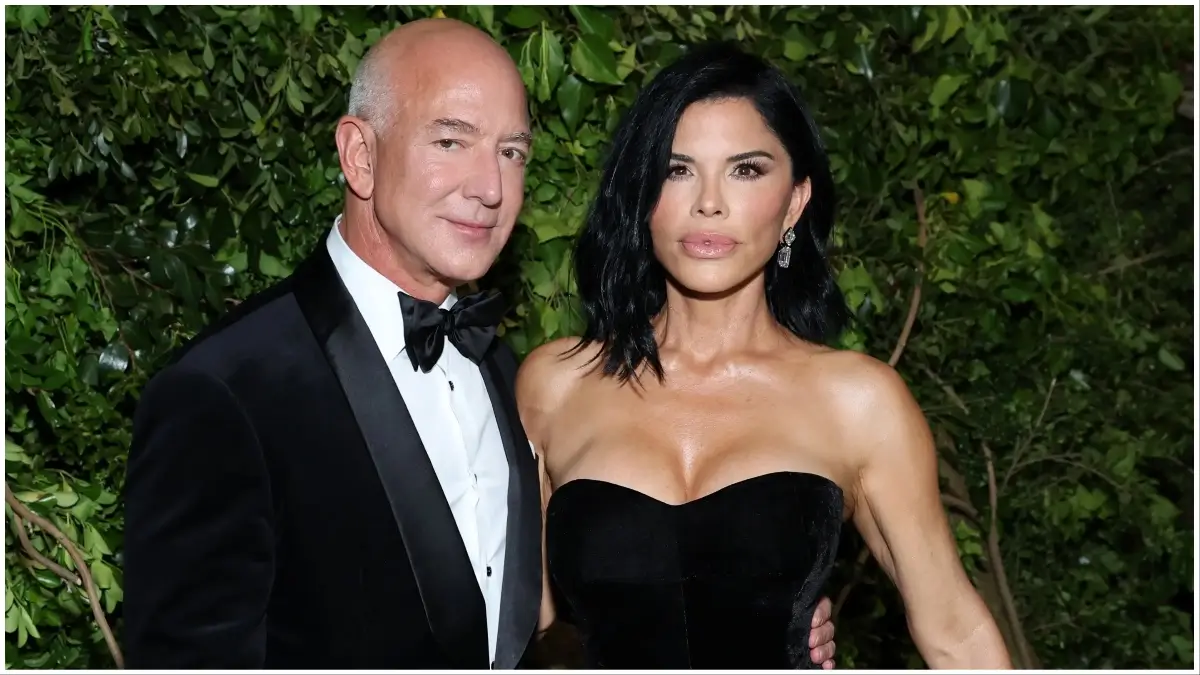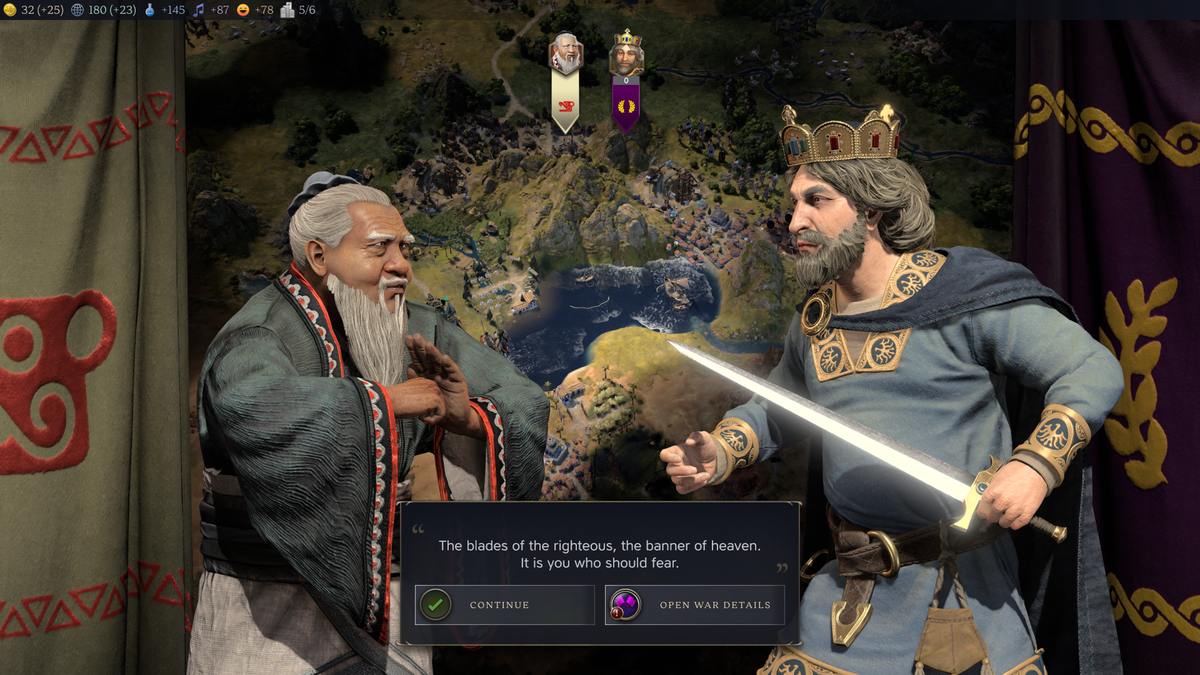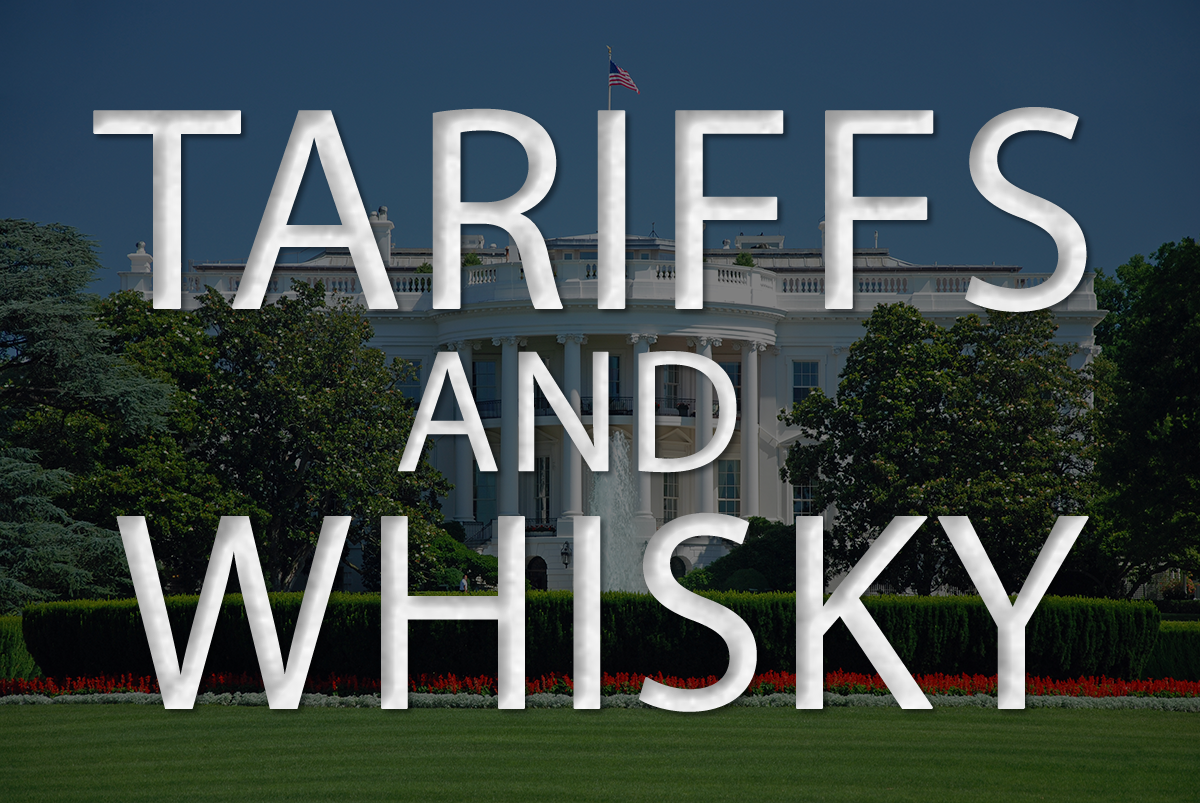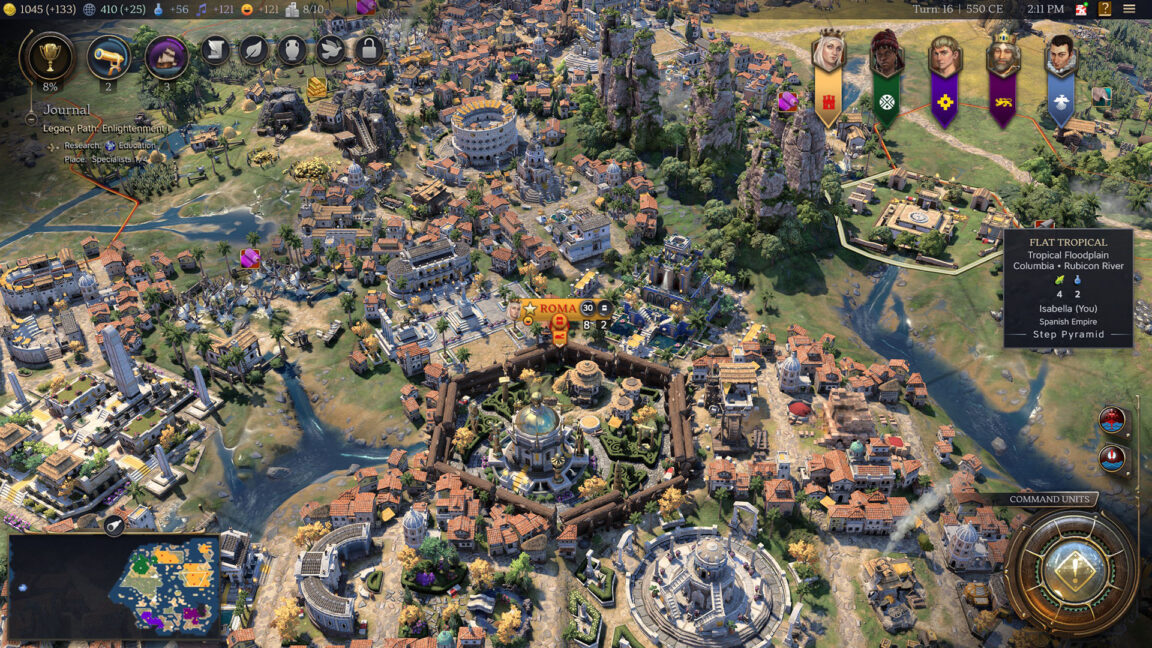Canadian whisky is about to become more expensive, while Bourbon and other American whiskies are facing retaliatory tariffs and boycotts as a trade war between the U.S. and Canada becomes more likely.
President Donald Trump has signed executive orders to impose import tariffs on goods coming into the U.S. from Canada, Mexico, and China starting Tuesday (February 4). Canada and Mexico are being slapped with 25% tariffs for what the orders describe as their failure to secure the borders against undocumented immigrants and drugs, while Chinese goods are being hit with a 10% tariff for that country’s failure to halt fentanyl exports. There will be a lower tariff of 10% on Canadian energy imports.
It should be noted that governments do not pay the tariffs, but instead, they are taxes paid by American importers of goods from those countries. There has been virtually duty-free trade between the U.S., Canada, and Mexico under the US-Mexico-Canada Agreement negotiated during the first Trump Administration and its predecessor treaty, the North American Free Trade Agreement.
Spirits industry leaders had hoped for a reprieve, and the Distilled Spirits Council of the United States, Spirits Canada, and the Chamber of the Tequila Industry issued a joint statement following the announcement.
“We are deeply concerned that U.S. tariffs on imported spirits from Canada and Mexico will significantly harm all three countries and lead to a cycle of retaliatory tariffs that negatively impacts our shared industry.
“Maintaining fair and reciprocal duty-free access for all distilled spirits is crucial for supporting jobs and shared growth across North America. Our industries have thrived due to the level playing field established across our borders.
“The North American spirits sector is highly interconnected. Many companies own brands in all three countries, contributing positively to local economies. Certain spirits, such as Bourbon, Tennessee Whiskey, Tequila and Canadian Whisky, are recognized as distinctive products and can only be produced in their designated countries. Bourbon and Tennessee Whiskey can only be made in the U.S., Tequila in Mexico, and Canadian Whisky in Canada. The imposition of a tariff not only negatively impacts trading partners but also harms domestic industries.”
The U.S. is the largest export market for Canadian Whisky and tequila from Mexico, and both countries are retaliating with tariffs of their own targeting American exports, kicking off a trade war. Trump’s executive orders indicate that any retaliation will be met with even stronger tariffs.
Canadian Prime Minister Justin Trudeau announced Saturday night that American whiskey and other distilled spirits will be part of an immediate $30 billion in American goods to be subjected to tariffs as of Tuesday, with another $125 billion in goods to be tariffed in 21 days from now. Canada is one of the largest export markets for Bourbon and other American whiskies, according to data from the Distilled Spirits Council of the United States.
Nova Scotia Premier Tim Houston was the first provincial leader to order his province’s liquor monopoly to remove all American products from its stores effective Tuesday. In addition, Ontario Premier Doug Ford made good on his pledge to pull American-made whiskies and other spirits from the shelves of Liquor Control Board of Ontario stores starting Tuesday. The LCBO is the province-run liquor wholesale and retail monopoly, and the board is one of the largest wholesale buyers of American spirits.
“Every year, LCBO sells nearly $1 billion worth of American wine, beer, spirits and seltzers. Not anymore,” Ford said in a statement Sunday morning.
British Columbia Premier David Eby ordered his province’s liquor distribution system to stop ordering liquor from so-called “red states” and remove existing products from store shelves. British Columbia maintains a provincial monopoly on liquor distribution, with private liquor stores required to order their inventory through a government agency that also operates its own retail stores. As of Sunday morning, Jack Daniel’s and Jim Beam were no longer available through the BC Liquor Stores website.
Spirits Canada executive Cedric Salibi said in an email Saturday night that “the 25% tariff on Canadian spirits imports to the U.S. will have significant negative impacts on both sides of the border, affecting jobs, businesses, and consumers throughout the deeply integrated North American spirits industry.”
American whiskey producers will also be affected by higher costs for raw materials, such as grain from Canada and glass bottles from Mexico.
This story will be updated with additional information.















